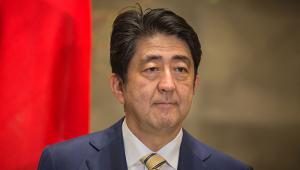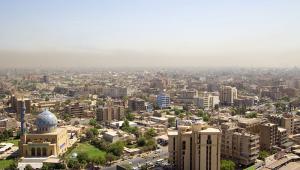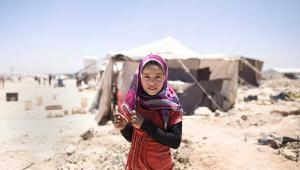In a report published today as part of its Global Corruption Barometer, Transparency International revealed that 50 million people in the region paid a bribe in 2015 to use essential services like healthcare.
José Ugaz, chair of Transparency International, said it was as though the Arab Spring, which saw public dissatisfaction with corrupt leaders topple regimes in Tunisia, Libya, Egypt and elsewhere, had “never happened”.
In many countries the once-celebrated uprisings led to massive instability and prolonged, disastrous conflict, as in Syria, or the rise to power of leaders that are little different to their ousted predecessors.
Elsewhere, governments have done little to enforce anti-corruption laws or to promote transparency, accountability and freedom of the press, civil society and individuals.
This is evidenced in the report. The anti-corruption NGO found that 61% of people in the region think corruption has increased in the last 12 months, with 19% believing there has been no change. Only 15% thought corruption had decreased.
“People’s human rights are seriously affected,” said Ugaz. “Leaders who fail to stop secrecy, fail to promote free speech, and fail to stop bribery also fail to bring dignity to the daily lives of people living in the Middle East and North Africa.”
Bribery in public services was one of the most common forms of corruption reported by those surveyed, with the highest rates found in Yemen (77%), Egypt, Morocco and Sudan (all between 48-50%).
Law and order institutions, such as the courts, were found to have the highest bribery rate of all the public services included in the survey, such as health care, education and utility services.
Transparency International noted this lack of integrity in law and order has a “massive, knock-on impact” across the whole of society, as the corrupt avoid punishment for bribery and the innocent are punished if they cannot afford to pay.
Its report found that young people, women, the rural population and the poorest people are disproportionately affected.
Government and tax officials and politicians are perceived to be the most corrupt groups in the region. Only between 7% and 9% in the region’s countries saw these groups as completely free of corruption.
Judges and magistrates, the police, the president’s office and local government councillors follow closely behind these groups in the public’s perceptions.
Citizens in Yemen and Lebanon see their public sectors as the most corrupt, followed by Morocco, Sudan and Palestine.
The report also noted that the majority of people across the region have little confidence in their government’s efforts to tackle corruption.
While reporting corruption and refusing to pay are perceived to be the most effective method to beat it, nearly two in five of the respondents who had attempted to do so had suffered retaliation, while fewer than a third said that the authorities had taken action.
Transparency International spoke to just under 11,000 adults between September 2014 and November 2015 as part of a survey conducted in partnership with the Afrobarometer and several of its national partners.
The survey spanned nine countries: Algeria, Egypt, Jordan, Lebanon, Morocco, Palestine, Sudan, Tunisia and Yemen.













